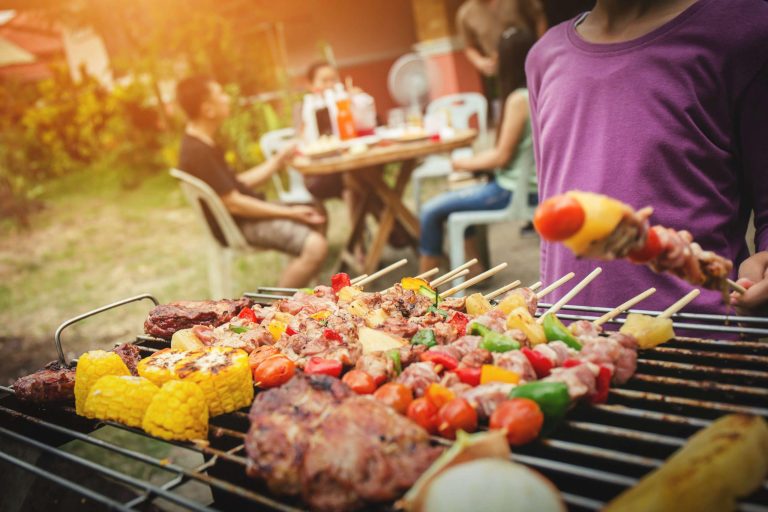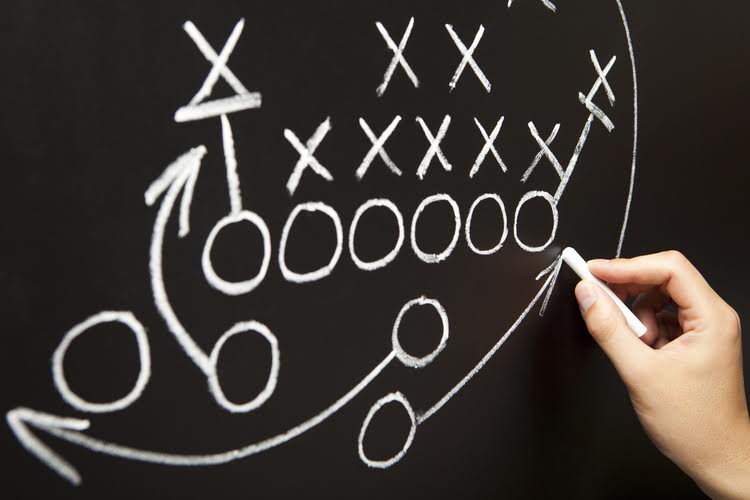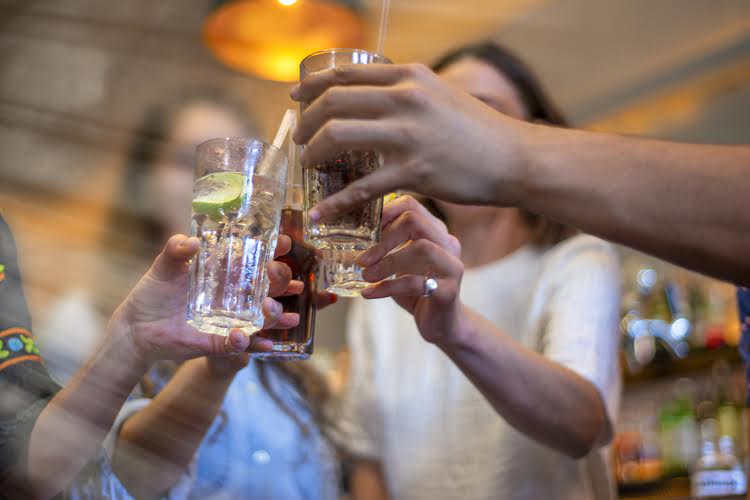But alcohol isn’t a good sleep aid, and relying on something to get to sleep doesn’t feel great. Taking any other substances that have a sedative effect should be avoided unless a doctor prescribes them. Doing so without medical supervision can trigger a new addiction to another substance. The brain then moves on to the next stage of light sleep, but there is an increase in brave wave frequency, followed by a further slowing down. This process of powering up and then slowing down helps to further slow activity in the brain.
Practical Tips to Deal with Insomnia After Quitting Alcohol

Quit alcohol, and your body begins to readjust without its habitual depressant. This recalibration process can lead to a collection of symptoms known as alcohol withdrawal. These symptoms can range from mild to severe but often include significant disruptions to sleep. It reduces the time it takes to nod off (known as sleep onset latency), promoting deep sleep initially. But as the night progresses, this deep sleep period decreases, and you end up spending more time in less restorative sleep stages (like light sleep). After sipping that glass of wine or beer, you might find yourself drifting to sleep faster.
Tempur Cloud Pillow review: Rest your head
- When you start drinking, alcohol mimics the effects of GABA and makes you feel sleepy.
- Moreover, if the individual has any other underlying health issues, the duration might prolong as their body is already in a compromised state.
- Anxiety symptoms can cause or worsen insomnia for some individuals.
Napping during the day can make it more difficult to sleep at night. If you feel like you have to take a nap, limit it to 30 minutes before 3 p.m. Some habits are so ingrained that you may overlook them as a possible contributor to your insomnia. Maybe your Starbucks habit affects your sleep more than you realize. Or maybe you’ve never made the connection between that late-night glass of wine and your sleep difficulties.

Trouble sleeping without alcohol: Where it starts
Emotional issues such as stress, anxiety, and depression cause half of all insomnia cases. But your daytime habits, sleep routine, and physical health may also play a role. Once you figure out the root cause, you can tailor treatment accordingly. If a person chooses to consume alcohol, drinking in moderation several can’t sleep without drinking hours before bed is the best practice for avoiding sleep disturbances. Additionally, low-to-moderate alcohol consumption is always the best practice for minimizing sleep disruptions or health concerns. The CDC defines moderate drinking as two or fewer drinks for males, and one or fewer for females, in a given day.
What to make of studies suggesting health benefits of drinking














